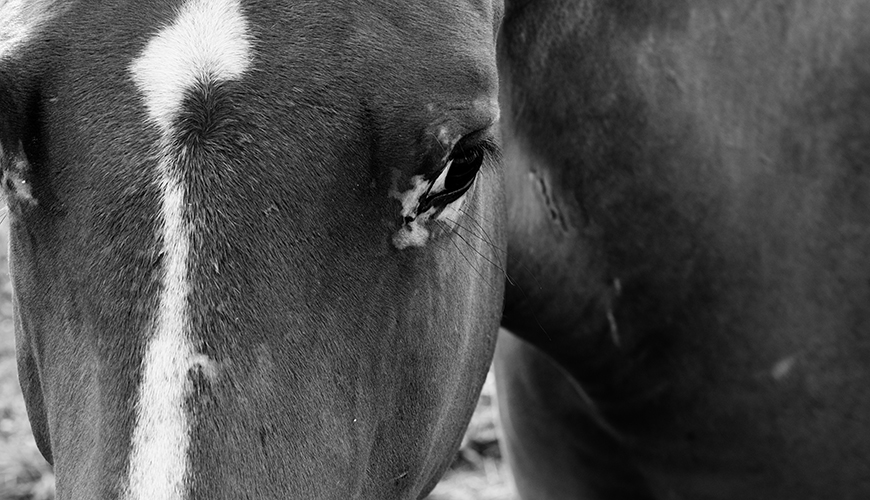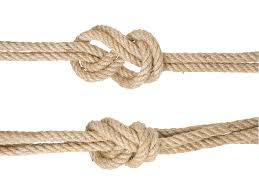Leadership and the Observer Self
One of the most important aspects in Leadership success is the growth we do within ourselves. Over the years I have come to call this process the “Observer Self” and it means developing an inner focus on ourselves that allows us to recognize and evaluate our reactions and responses to situations, people and circumstances.
The observer self is about paying attention to our own behaviour in the moment so we are able to drill down into the WHY of our actions and or reactions we are experiencing. This mental pause allows us to examine what emotion(s) are driving our behaviour and if our behaviour or reaction is congruent with the situation. Are we angrier then we feel we would like to be? Are we flooded with shame? Are we overrun with guilt? Or are we being resistant to information, or a person? Taking this mental check in allows us an opportunity to take back control of emotional triggers that send our behaviour into uncomfortable territory and allows us to make a conscious choice regarding our conduct.
Once we take this pause, we have given ourselves the needed space, to reduce stress that can flood the brain and impede thinking and it allows us (with practice) to move from reacting to responding when we are emotionally triggered. The entire reaction may not disappear but the length of time you stay in the reaction can be reduced which puts you on the road to healthier behaviour.
One of the greatest insights you can have within your own self development is to be able to recognize the difference between having a reaction verses a response to situations and people. This is one of the biggest lessons in conflict management because it provides a map for navigating triggers when they arise in our lives. Reactions are those replies that often come from fear; they are the ones that shoot from our mouths before we even realize we have formed a sentence. They tend to be defensive and protective in nature and they immediately equate the speaker as an “opponent” instead of a collaborator.
A response on the other hand allows us to slow the pace of the conversation down and invites the speaker into a dialogue on the topic. It sets the conversation up for a discussion and relaxes the tension in our bodies which allows our minds to work at a slower and less threatening pace. We are able to reply with intentional feedback and set the stage for a conscious conversation to happen.
Honing the skills of the observer self requires both perceptive awareness in the situation as well as physical or bodily awareness. We feel emotions within our bodies and doing a mental check in as to how your body is feeling in these reactive moments will tell you where in your body you are holding the tension. This give us the opportunity to breath into our bodies and send a rush of oxygen as a literal life guard to our brains as a signal to relax and in turn the brain sends the signal to the body to do the same.
As leaders in business or organizations it is our responsibility to keep developing our skill sets and refine our craft of authority so we can lead by example thus cultivating these same skills to those watching and learning from us.





